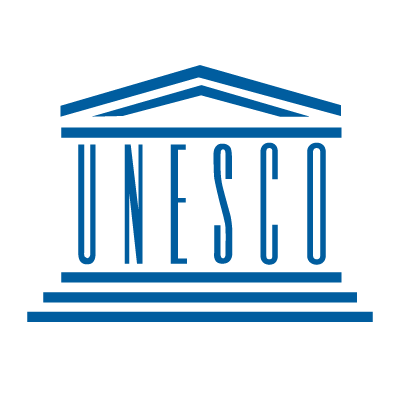
https://en.unesco.org/news/unesco-and-world-association-news-publishers-...
“As the world continues to battle the COVID-19 pandemic and its impact, the decimation of journalism in many areas of the world constitutes a growing threat, bringing existing challenges to a tipping point,” the two organizations declared in a joint statement.
In the statement, UNESCO Director-General Audrey Azoulay expressed deep concern about the pandemic’s impact on local economies threatening the viability of local news media.
President of WAN-IFRA, Fernando de Yarza added, “through this initiative, UNESCO and WAN-IFRA are committed to reaffirming the democratic norms essential to the functioning of society.”
The two organizations will work together to research the extent of the crisis, consult with stakeholders for solutions, share knowledge between media outlets, and produce policy recommendations for steps to support the viability of the news media.
Through these efforts to find solutions to the crisis facing independent media, UNESCO foresees three key results:
- Governments, donors and companies will be more aware of the importance of supporting independent media and of a range of options to do so;
- Independent media are sharing more knowledge on best practices of media viability and resilience, and innovating their business models and their advocacy accordingly.
- UNESCO Member States are reflecting on media viability at the global level, impacting on norms through raising awareness of the crisis and the need for remedial actions.
Experts worldwide are sounding the alarm about an “extinction event” for independent media outlets that have been hard hit by the economic impact of the COVID-19 crisis.
Financial support for UNESCO’s initiative comes the Organization’s International Programme for the Development of Communication (IPDC) and the Multi-Donor Programme on freedom of expression and safety of journalists which funds the World Trends in Freedom of Expression and Media Development.
In partnering with UNESCO, WAN-IFRA brings along its membership of 3,000 news publishing companies, which represent 18,000 publications in 120 countries. The association also bring its expertise, extensive data and international networks to the initiative.
UNESCO will also co-operate with a Working Group being established under the Forum for Information and Democracy, which plans to also do work on media viability, as well as with other stakeholders in the media development community.
The co-operation was announced at the 40th anniversary celebration of the IPDC , the inter-governmental committee at UNESCO that works for media development.
Over its existence, the Programme has mobilized some US$ 120 million for over 2000 media projects in more than 140 developing countries and countries in transition.
IPDC decisions have resulted in the development of internationally respected reports and global indicators to assess media and internet development. is The IPDC launched the UN Plan of Action on the Safety of Journalists and the Issue of Impunity, - amongst other achievements.
The anniversary event will be followed on 25 and 26 November by the meeting of IPDC’s governing council. Decisions will be taken on:
- the latest report on safety of journalists by UNESCO’s Director General,
- the first global report on access to information, and
- the Paris declaration on freedom of journalism education.
UNESCO/WAN-IFRA Joint Statement
For further information, contact:
- Guy Berger, Director for Strategies and Policies in the field of Communication and Information, UNESCO.
- Andrew Heslop, Executive Director, Press Freedom WAN-IFRA | The World Association of News Publishers.










Add new comment